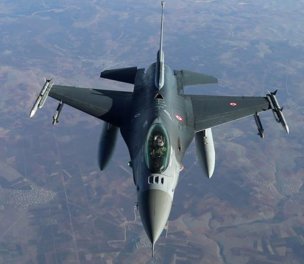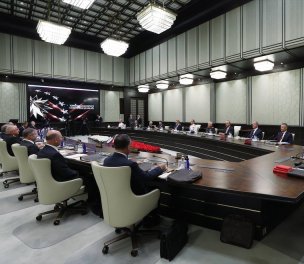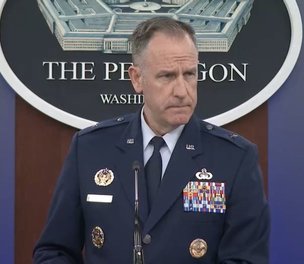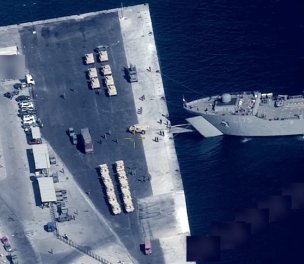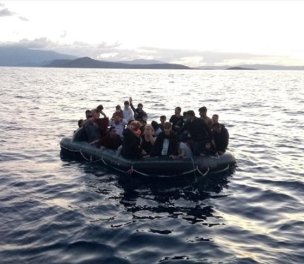Greece's warplanes reportedly took off from the Lemnos island in June. (Photo: AA)
Türkiye–Greece relations are deteriorating on many levels, at sea, on land, and in the air. The recent threat of a direct military conflict and militarization of the Aegean marks a new low.
Here is a quick look at the different aspects of the tensions between Ankara and Athens:
At Sea
The relations between the two NATO members have spiraled downwards for a while. For example, in 2020, tension rose over the right to explore energy resources and maritime rights in the Eastern Mediterranean.
On Land
In recent months, Ankara has accused Athens of arming demilitarized islands in the Aegean Sea. President Recep Tayyip Erdoğan warned Greece in early September, "Your occupation of the islands does not bind us. When the time comes, we will do what is necessary. As we said, we can suddenly come down on you one night." Athens has rejected the accusations.
However, according to footage from Türkiye's army drones on September 25, US-made armored vehicles were deployed on the islands of Lesbos and Samos, leading to formal protest notes to the ambassadors of both Greece and the US by Türkiye's Ministry of Foreign Affairs. Ankara states that these vehicles violate the 1923 treaty of Lausanne and Paris Peace Treaty of 1947, which ensures the demilitarized status of the islands.
According to the spokesperson of the ruling Justice and Development Party (AKP), Ömer Çelik, Athens bears complete responsibility of the tension between the countries. He also criticized the US for lifting the arms embargo for Southern Cyprus for the fiscal year of 2023, during a press conference in Ankara yesterday (October 3).
He said such moves may result in Türkiye's increased military support for Northern Cyprus, echoing Erdoğan's remarks on September 28.
In the air
In May, Greece's Prime Minister Kyriakos Mitsotakis successfully lobbied against Turkey's attempts to buy new F-16 airplanes from the US, claiming that the Turkish Air Force violated Greek air space daily.
In response, the President Erdoğan had said "there is no Mitsotakis in my book anymore."
Furthermore, Türkiye accused Greece of locking its S-300 anti-air missiles onto its F-16 jets flying west of the Rhodes slang on August 23.
Türkiye has been seeking ways to modernize its F-16s, since it got cut off from the F-35 program due to buying the S-400 air defense system from Russia in 2019.
Türkiye's officials have, as recently as last week, held talks with the US about buying new F-16. One of the conditions proposed by US lawmakers was that the upgraded F-16s would not be used for unauthorized overflights over Greece, which was firmly rejected by the Erdoğan government.
Elections
Upcoming elections in both countries might also enforce the hostile rhetoric. In a recent Metropoll survey, held between August 13 and 17, about 52 percent of the respondents said they think the upcoming elections triggered the crisis with Greece.
In the summer of 2023, Türkiye will have presidential elections, while Greece will have parliamentary elections. According to writer Herkül Millas in an interview with bianet, Türkiye's elections are about the regime itself.
The cost of losing the elections for the AKP would be high, which gives the election a different meaning, he said, adding that the cost of losing the elections for the AKP would be high, which gives the election a different meaning.
For Greece, on the other hand, the expected result is that Mitsotakis will win. (WM/VK)






